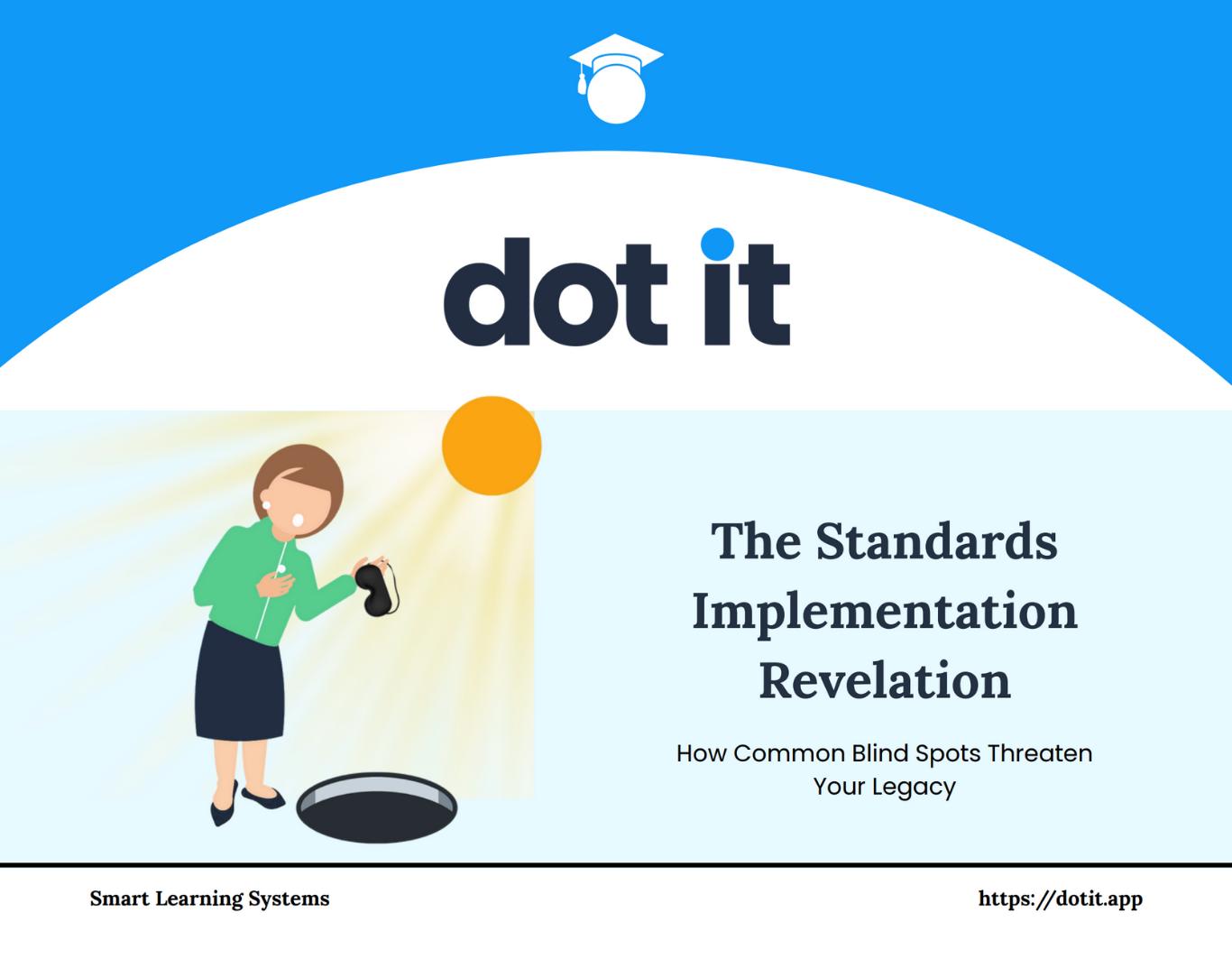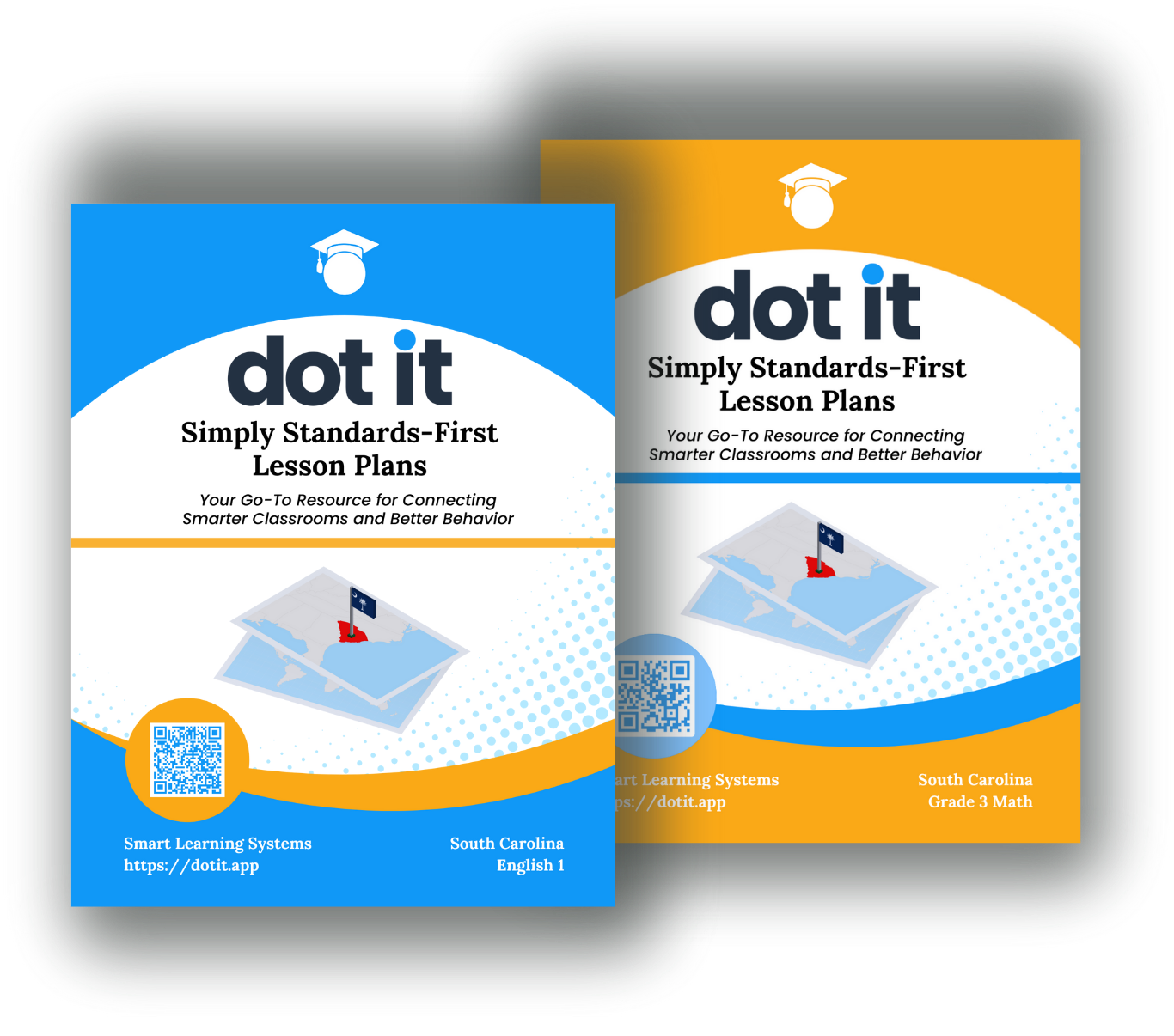“When teachers stop learning, so do students.”~Jim Knight
I have been coached and also an educational coach. When I was a teacher being coached, I spent many sleepless nights wondering what the coach would do when she came. I was a teacher in a demonstration classroom where coaching was required. I should have been happy for the support but in reality, the whole experience caused lots of anxiety. With those experiences always in my mind, I strived to become a different kind of coach. A coach who teachers were not fearful of. My hope was that they saw me as a problem solver. Was I an effective coach? What are the 3 keys to effective coaching?
I would like to think I was an effective coach as measured by student gains and teacher satisfaction. With this in mind, what does the research state about the effectiveness of coaching? Kraft, Blazar, and Hogan’s recent meta-analysis of 60 instructional coaching evaluations found large, positive effects of coaching on instructional practice (0.49 standard deviations). However, coaching has a more limited effect when it comes to student achievement (0.18 standard deviation). With these positive outcomes, school districts have started to hire more instructional coaches for their teachers. According to Elena Aguilar, author of The Art of Coaching, (2013), there are 3 keys to effective coaching.
Key 1: Define Your Coaching Model
There are many coaching models to choose from. For example, student-centered coaching, inquiry-based/cognitive coaching, or relationship-driven coaching. Once you make your selection, make sure to clearly communicate the goals for coaching. Moreover, communicate the criteria to be used to determine effective coaching. Choosing a specific coaching model will help you be able to articulate what the role of coaches is as well as the role of teachers receiving coaching.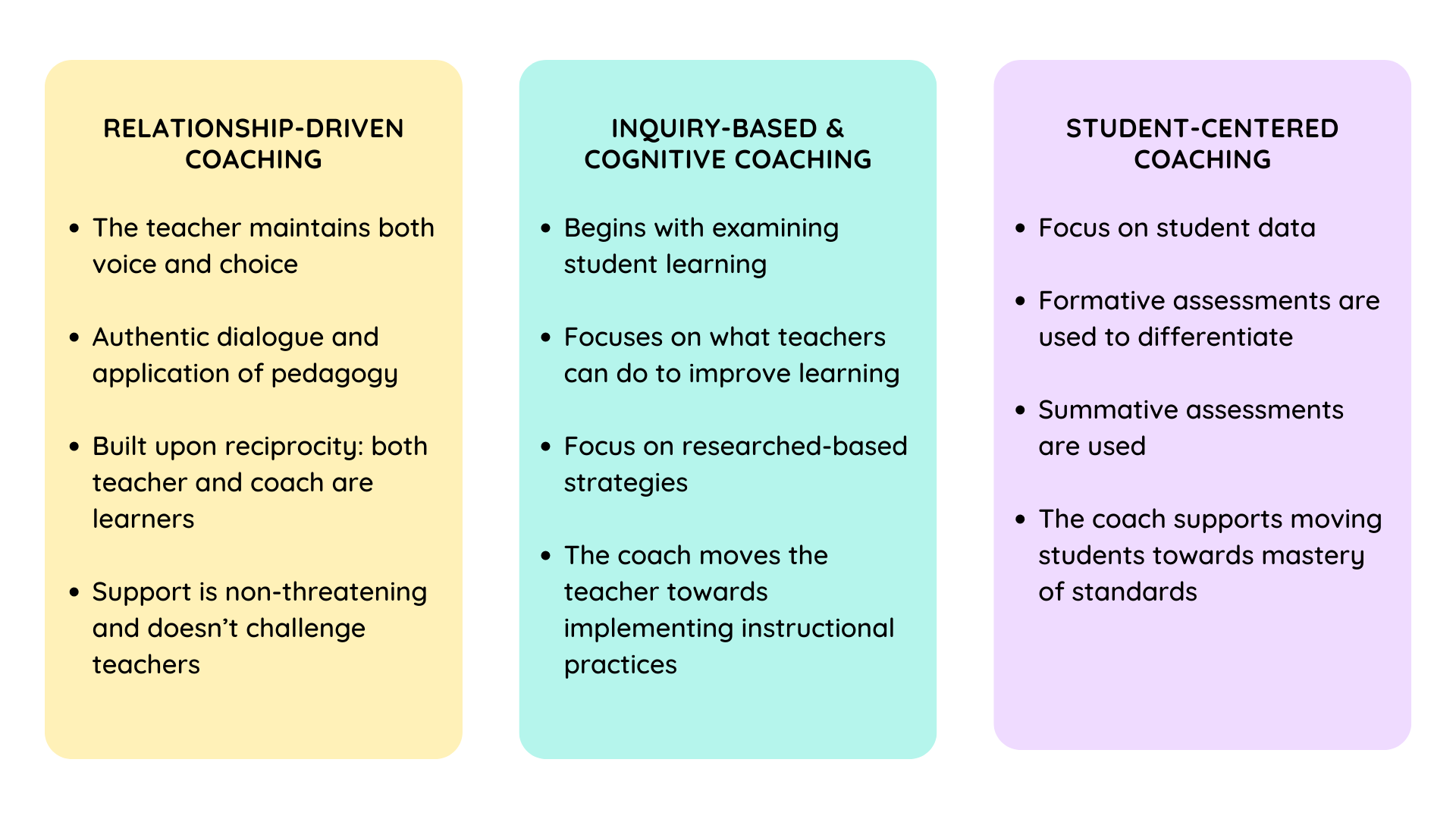
Key 2: Train Your Coaches
Being an excellent teacher does not always make an excellent coach. The skills are completely different. Coaches need training in how to work with adults and a chance to hone their practice. According to Learning Forward, participants in their coaching academy have the following goals:
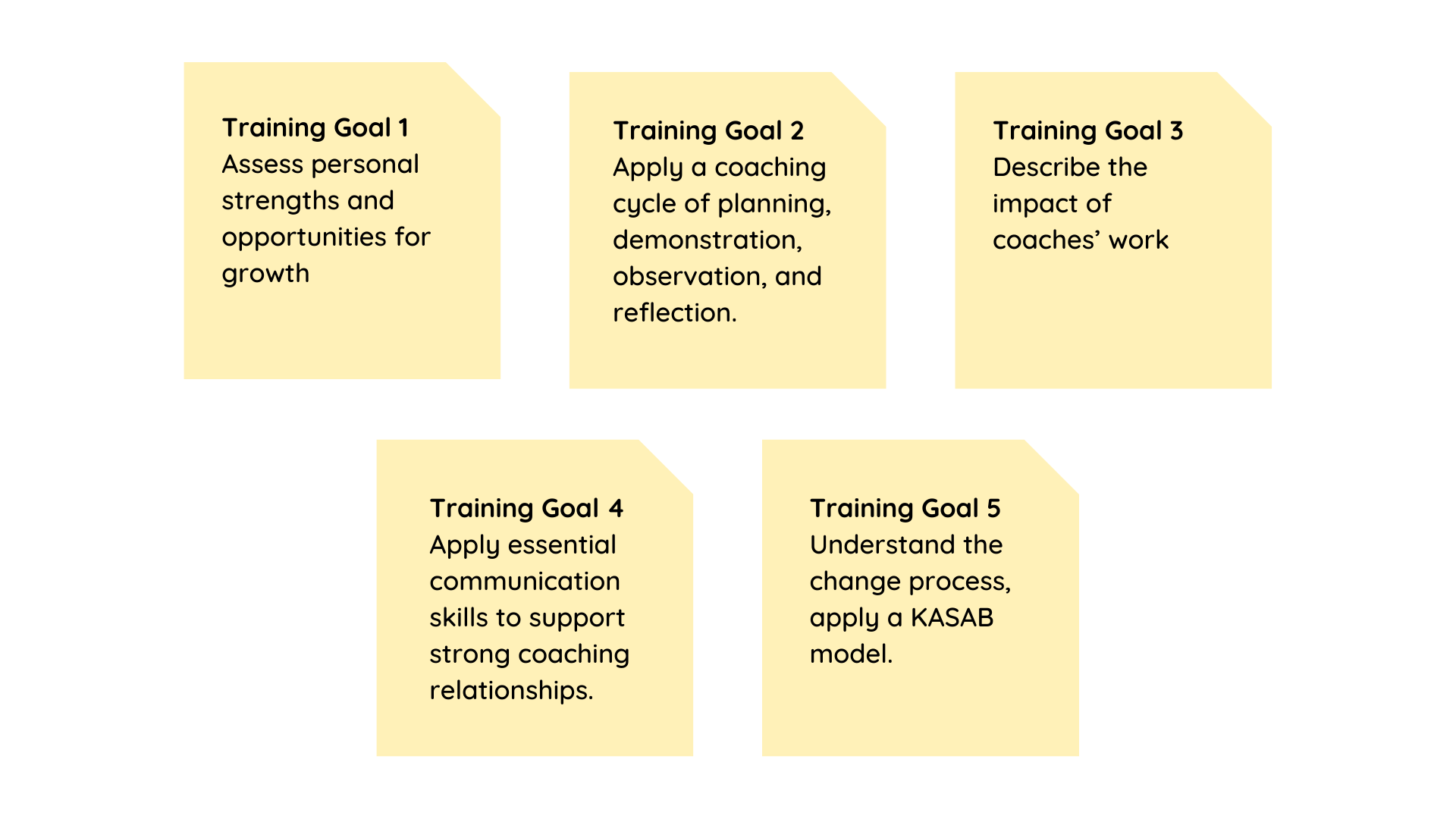
Key 3: Choose a Clear Focus
Coaches work most effectively when they support a clear set of instructional practices. Without a focus, coaches can feel at a loss about what to do as they start to support individual teachers as well as district-level goals. For example, when you review your data, you may have noticed that your kindergarten students did not make adequate growth. You know this can become problematic for these students long-term. Therefore, you focus your coaching support to first-grade classrooms as well as kindergarten ones. The clear focus based on your data is on how to increase phonological awareness.
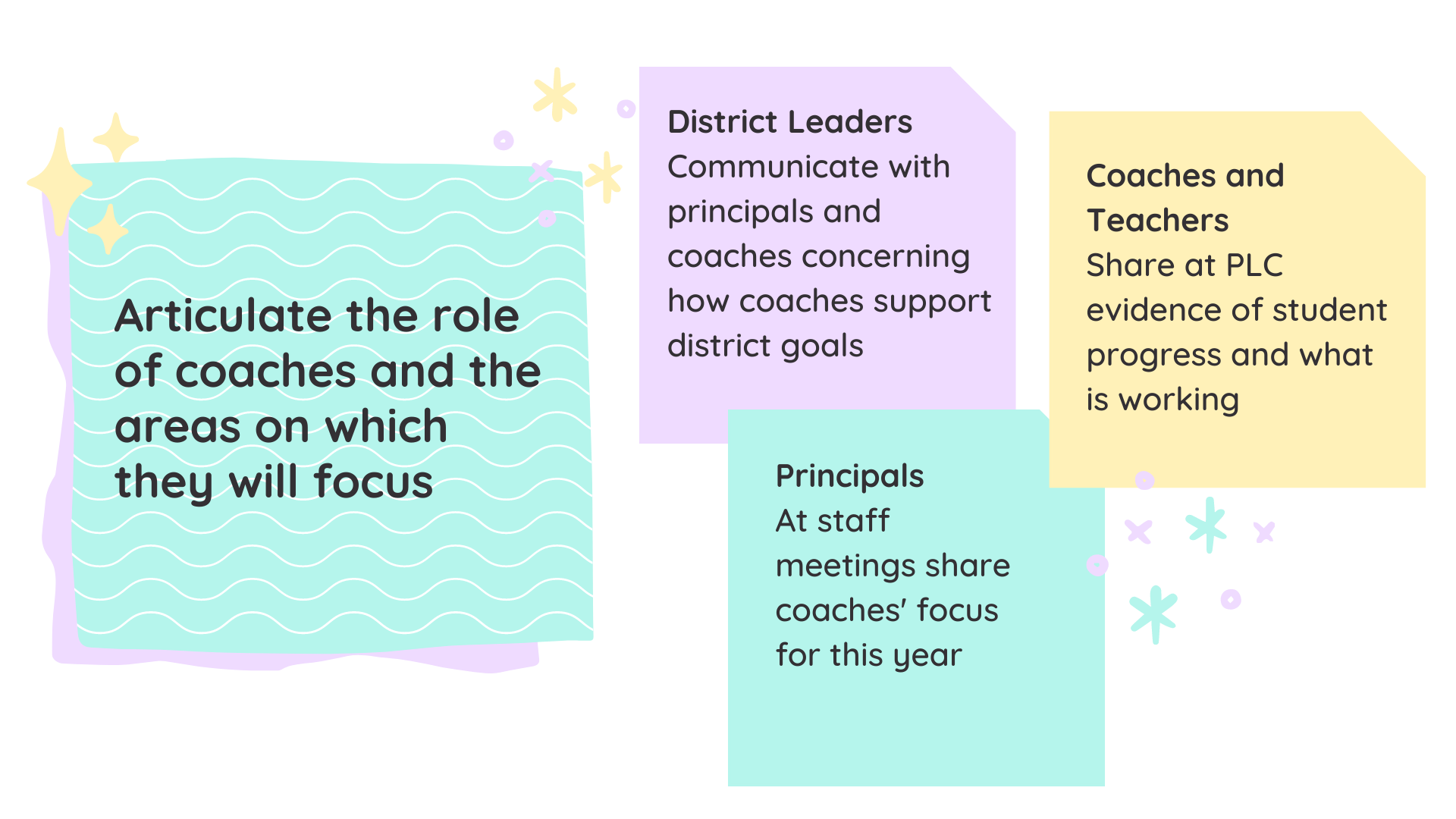
Technology Can Help
This seems like lots to do! The Dot It team agrees and that is why we have the technology to support any coaching focus and model you choose. Contact us to set up a time to talk about your coaching model and how Dot It can help.
Here is how Dot It helps you with your coaching model:
- Dot It provides coaches a way to document their suggestions every time they observe.
- Dot It gives teachers the ability to respond to the coach’s feedback.
- Dot It enables the coaches to see the teacher’s schedule with the names of students in each group as well as student goals


